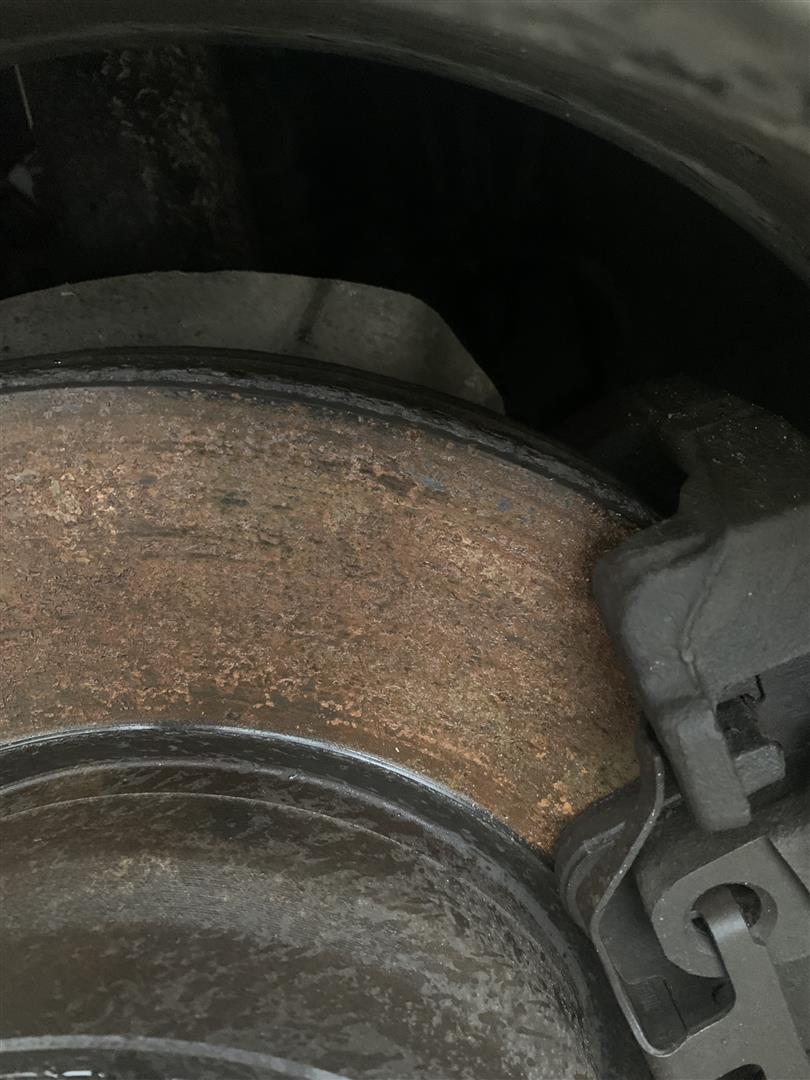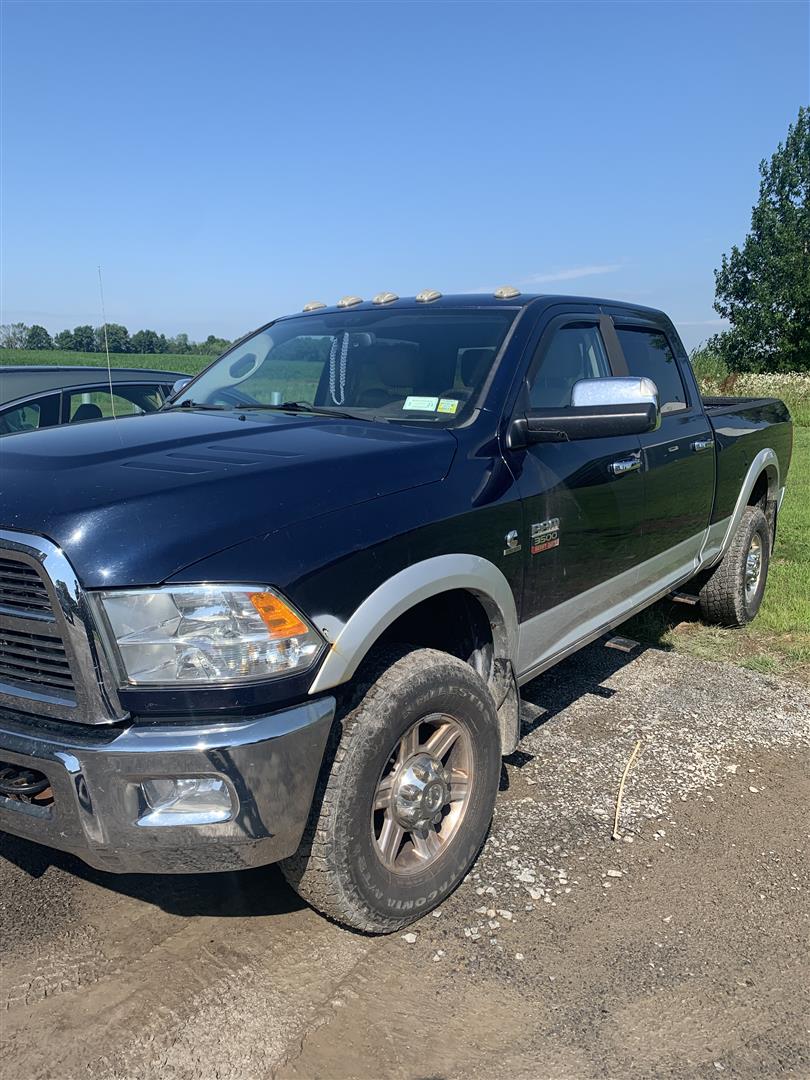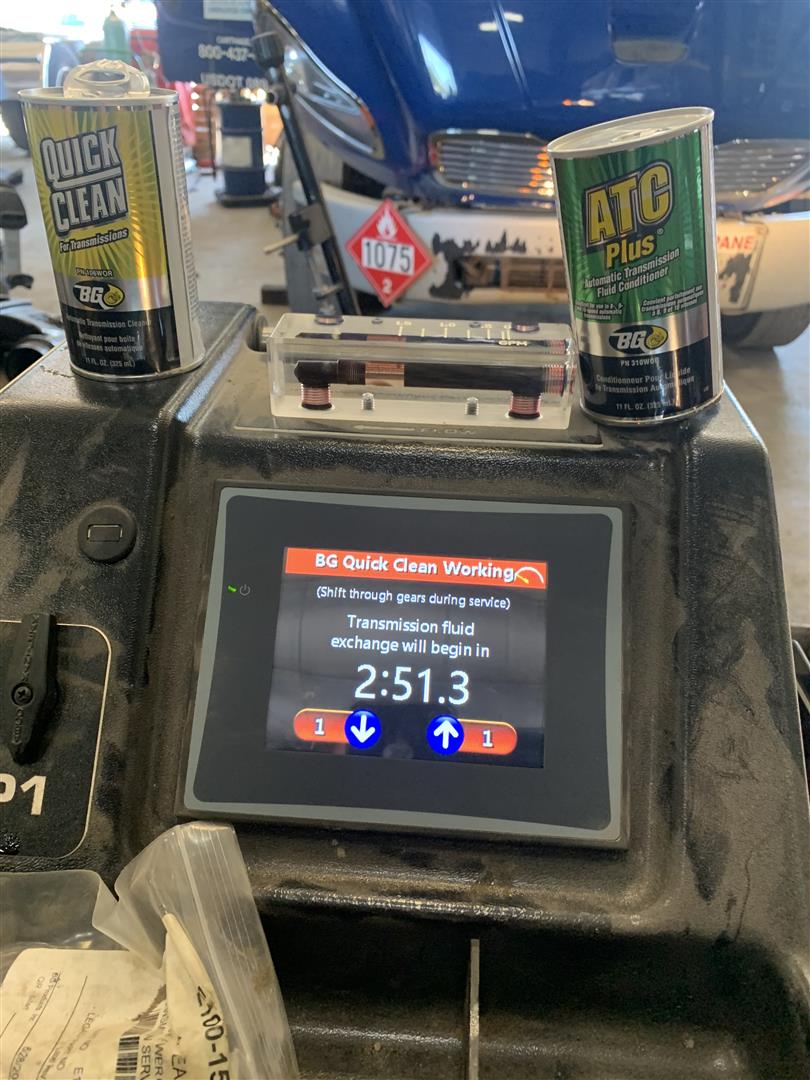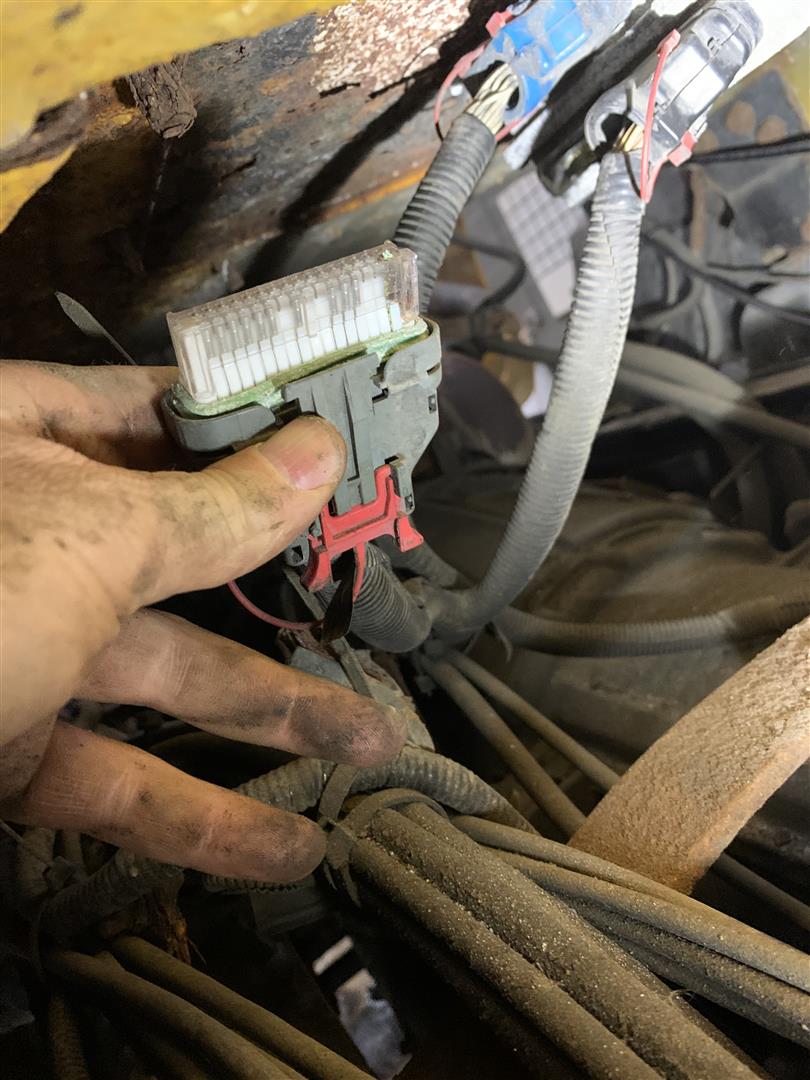Posted on 8/27/2022

Why Do My Brakes Squeak? There may be several things that make this happen. One possible reason is rust on your Brake Rotors. When you live in the northeast, and they put salt on the roads in the winter over time it will make the Brake Rotors rust and as you apply the Brakes it causes a Why Do My Brakes Squeak. Another reason may be that your Brake Pads may be close to the end of their life. Brake Pad manufacturers put a little metal tab on the Brake Pads. When the Brake Pads get worn out and are ready to be changed it will make a squealing sound when you apply the brakes to let you know it is time to replace them. If you hear a grinding sound when you are applying the brakes on your vehicle that means that your Brake Pad friction material is worn out. The metal plate that holds the Brake Pad is going metal to metal with the Brake Rotor. If you hear this noise, you want to get vehicle checked out immediately by a Brake Specialist. If you need the Brake System checked out on your vehicl ... read more
Posted on 8/19/2022

When Should My Injectors be Replaced? If you own a truck with a diesel engine there are many different reasons why you experience a When Should My Diesel Injectors Be Replaced. If you truck is having an Engine Misfire the easiest thing to do is take it to a shop that can hook it to a scan tool capable of cutting the injectors out 1 cylinder at a time and see which cylinder is Misfiring. Another reason you may replace have to replace the Diesel Injectors in your truck is if it is Blowing White Smoke at an Idle. This may be an indication of the injectors leaking into the Cylinder and would need the injectors replaced. If you are getting a CHECK ENGINE LIGHT that turns on in your truck with a code P0087 that is harder to diagnose what the root cause of the problem may be. Depending on the model of the truck you need to have the OEM scan tool to be able to set the rail pressure at a DIAGNOSTIC pressure so that you can do a Fuel Return Flow Test on your injectors. If the return fuel amount ... read more
Posted on 8/15/2022

Is Changing My Transmission Fluid Bad? There is a misconception that changing your vehicles Transmission Fluid is going to ruin your transmission. If you are changing your Transmission fluid because your Transmission Is Slipping or Shifting Hard it is possible that your Transmission may fail. Transmission Fluid should be changed as a regular maintenance item. Depending on your driving style and conditions it should be changed every 30-50,000 miles. If you drop the Transmission Pan to change the Transmission Fluid, you will only get about 25% of the old fluid out of the Transmission. You Need a Transmission Fluid Exchange Machine and that will change almost all the Fluid in the transmission. Also, we put a BG cleaner in the machine, and it will help clean the Transmission and recondition the seals and rubbers in the transmission. After the cleaner has run through the Transmission long enough it replaces the fluid and adds a BG Additive to the oil. Remember a transmission is a wearable i ... read more
Posted on 8/6/2022

Why Is My Allison Transmission In Limp Mode? Allison Transmission’s are one of the best automatic transmissions made. They are in the Chevy Duramax as well as many Medium and Heavy-Duty truck. If your Allison Transmission goes into to Limp Mode, this is the way the Allison TCM protects the Transmission. If Your Allison Transmission Overheats or starts slipping it will put it in Limp Mode to protect itself from self-destructing. Electrical faults such as Pressure Sensors or a Temperature Sensor that has failed and tells the Allison TCM it’s overheating when its not is another reason for Why Is My Allison Transmission In Limp Mode. What we find most times when a truck comes in and the Allison Transmission is in Limp Mode are wires that are rubbed through or the pins in the connector are corroded and need to be replaced. If you have a truck with an Allison Transmission that you are having problems with, give us a call. We have the Allison Doc Software that we use to diagnose t ... read more